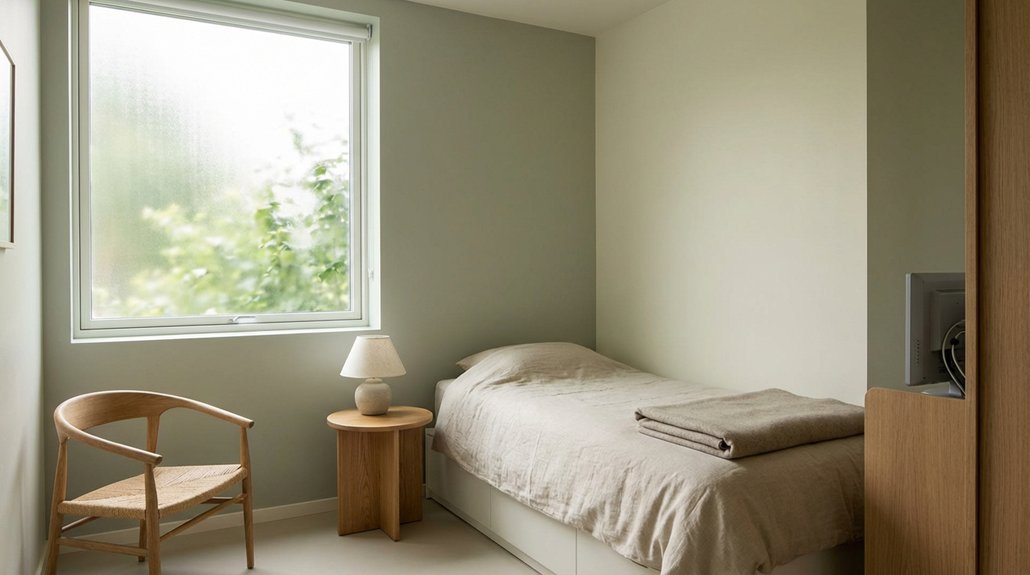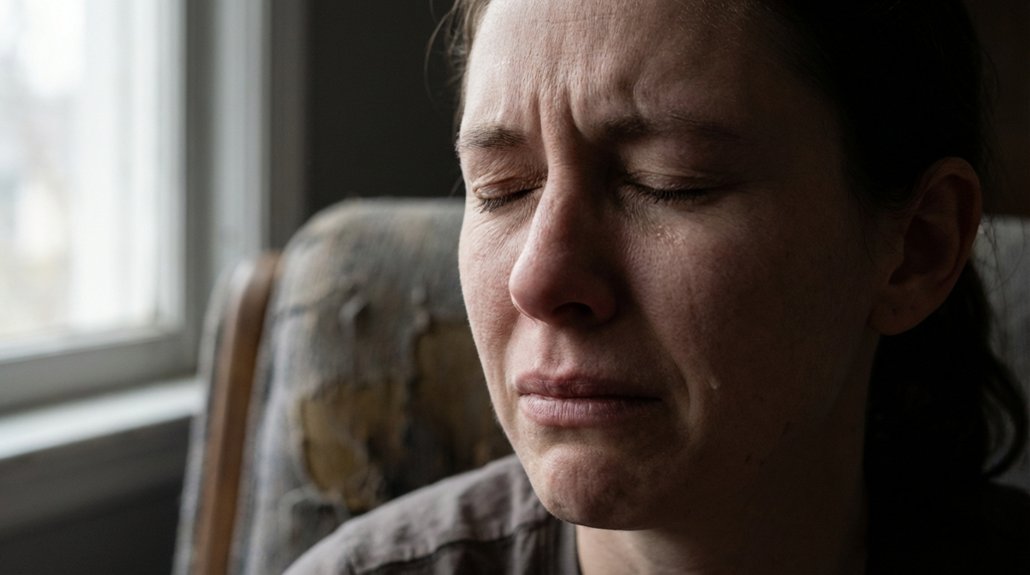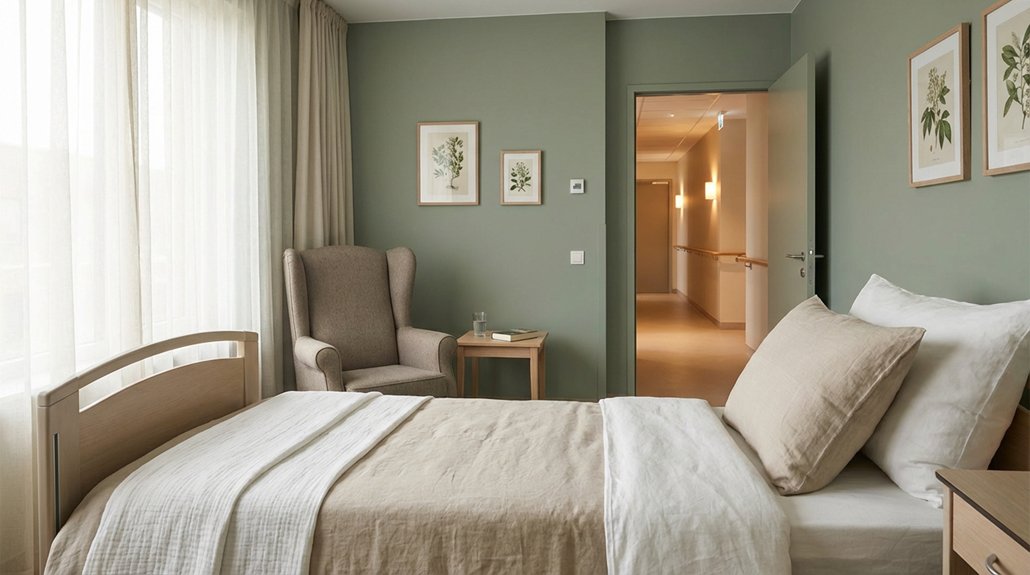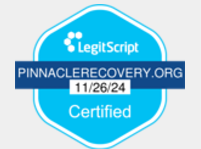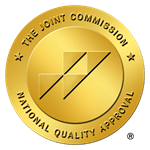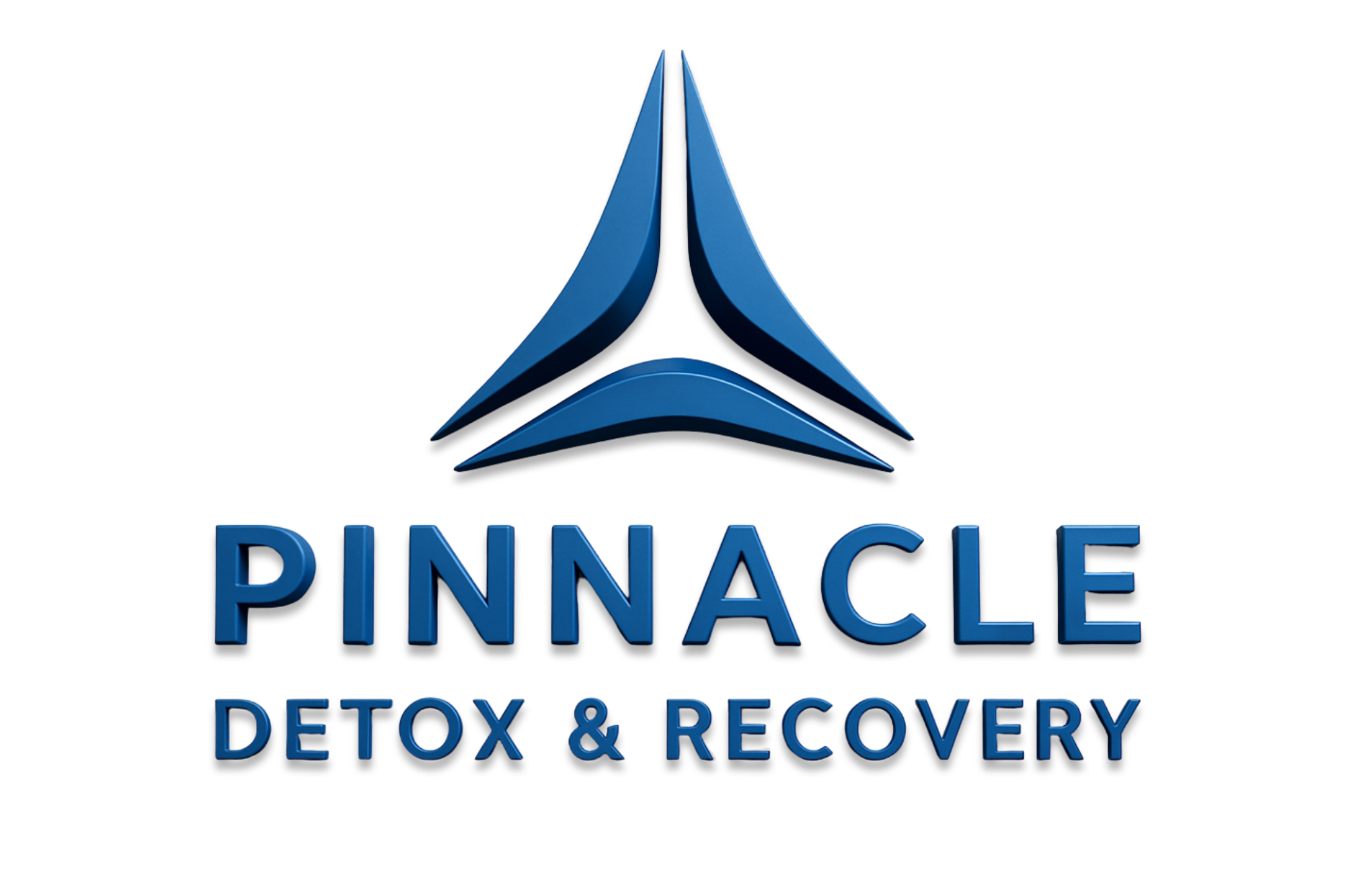Your choice between residential and outpatient treatment depends on your addiction severity and medical needs. Residential programs offer 24/7 supervision with 25-35 hours of weekly therapy and achieve 64-65% completion rates, making them ideal for severe addictions or complex withdrawal risks. Outpatient care provides flexibility to maintain work and family routines while offering 3-40 hours of weekly support, though completion rates hover around 51-52%. Understanding how treatment intensity, medical monitoring, costs, and your personal circumstances align will help you identify the path that best supports your recovery journey.
Understanding the Core Differences Between Residential and Outpatient Treatment Models

Choosing between residential and outpatient treatment often begins with understanding how dramatically these two models differ in structure, intensity, and daily experience. When weighing residential rehab vs outpatient, you'll find that residential programs immerse you in a 24/7 therapeutic environment with continuous professional supervision, structured schedules, and minimal outside contact. This support structure proves especially beneficial if you're facing severe addiction, co-occurring mental health challenges, or an unsafe living situation. Conversely, outpatient care allows you to maintain your regular routines while attending scheduled sessions several times weekly.
The home vs facility recovery decision ultimately depends on your addiction severity, personal stability, and environmental factors. Residential settings provide intensive intervention and remove you from triggering environments, while outpatient offers flexibility for those with strong external support systems and milder substance use concerns. Residential treatment centers are fully equipped with comprehensive resources to help people effectively recover and manage their substance use disorder. Outpatient programs range from Partial Hospitalization Programs requiring attendance 5-7 days weekly to Standard Outpatient Programs offering just 1-2 sessions per week for those with mild substance use. Both treatment approaches prioritize counseling and education as core components, supplemented by an ongoing support network to maintain long-term recovery success.
How Environment and Daily Structure Shape Your Recovery Journey
Everything about your recovery experience changes based on where you choose to heal. When you compare levels of care, residential rehab structures your entire day, wake-up times, therapy sessions, meals, and wellness activities eliminate unstructured moments that might derail progress. You're surrounded by round-the-clock professional supervision and peers who share your commitment, creating an environment where triggers can't intrude. Outpatient recovery offers flexibility but demands stronger self-discipline as you navigate real-world challenges while attending scheduled sessions. The time commitment differences are significant: residential treatment requires weeks of full immersion, while outpatient care fits around your existing responsibilities. Your daily routine either provides complete separation from stressors or tests your coping skills immediately in familiar settings, each approach shapes how you build lasting recovery habits. Residential programs typically span 28-90 days or longer, often with step-down transitions to less intensive outpatient services as you progress. Intensive outpatient programs allow you to maintain family obligations and work commitments while receiving focused care several days per week. Residential treatment centers function as therapeutic communities where peer support remains accessible around the clock, fostering shared accountability and understanding.
Comparing Treatment Intensity: Hours of Care and Medical Supervision

When you're choosing between residential and outpatient care, understanding the difference in treatment intensity can help you match your needs with the right level of support. Residential programs typically provide 25, 35 hours of structured therapy each week alongside 24/7 medical supervision, while outpatient options range from just a few hours weekly in standard programs to 30, 40 hours in partial hospitalization settings. The amount of direct care and medical monitoring you receive directly impacts your safety during detox, your ability to manage cravings, and how quickly you can build recovery skills. Quality treatment centers employ evidence-based practices to ensure you receive care grounded in proven therapeutic methods rather than experimental or unverified approaches. The most effective intensity depends on your addiction severity, mental health needs, and recovery goals.
Daily Therapy Hours Compared
The hours you'll spend in therapy each day represent one of the most significant differences between residential and outpatient treatment. In residential rehab, you'll engage in 6-8 hours of scheduled therapeutic activities daily, including individual counseling, group sessions, psychoeducation, and wellness activities. Most of your waking hours focus entirely on recovery.
Outpatient care offers varying intensities. Standard programs involve 1-3 sessions weekly, totaling 3-5 hours. Intensive Outpatient Programs (IOP) require 3-5 hours daily for 3-5 days weekly, reaching 9-25 hours total. Partial Hospitalization Programs (PHP) provide the highest outpatient intensity at 5-6 hours daily, 5-6 days weekly, totaling up to 36 hours. PHP serves as a bridge between residential and standard outpatient care for those needing high-intensity treatment without an overnight stay.
Residential programs also provide round-the-clock medical supervision and therapeutic support, ensuring immediate access to care if complications arise. Your choice depends on how much structured therapy time you need and can accommodate alongside work, school, or family responsibilities.
Medical Monitoring and Detox
Medical supervision becomes a critical factor when choosing between residential and outpatient treatment, particularly if you're facing severe withdrawal symptoms or co-occurring health conditions. Residential rehab offers 24/7 medical oversight, ensuring immediate intervention during emergencies and daily medication management by onsite providers. This continuous monitoring is essential for high-risk detox cases, where complications can arise quickly.
Outpatient care provides scheduled clinical visits but lacks round-the-clock supervision. You'll coordinate medication management through periodic check-ins, and you must be medically stable to participate. While mild to moderate detox may occur in outpatient settings with close follow-up, the risk of relapse or complications increases without constant support. Intensive outpatient programs typically require several hours of treatment 3-5 days per week, providing structured support while allowing you to maintain daily responsibilities.
If you have severe substance use disorder, complex withdrawal risks, or unstable health needs, residential care's immersive medical environment offers greater safety and stability.
Success Rates and Program Completion: What the Data Reveals
Looking at program completion data reveals a clear pattern: residential rehab consistently outperforms outpatient care in keeping clients engaged through treatment. You're over three times more likely to complete a residential program, with completion rates around 64, 65% compared to outpatient's 51, 52%.
The benefits extend beyond completion. If you finish a long-term residential program (90+ days), you'll have a 68, 71% chance of maintaining abstinence at 6, 12 months. Your substance type matters too, residential settings particularly benefit those with opioid use disorders, while marijuana-related concerns may respond equally well to outpatient care. Shorter stays, particularly programs under 30 days, typically result in much lower abstinence and retention rates compared to extended treatment durations.
Demographics also influence outcomes. White patients show higher residential completion rates, and dual diagnosis clients see improved results when residential programs include psychiatric support.
Financial Investment: Breaking Down Costs for Each Treatment Option

Understanding which treatment path offers the best chance of success is only part of the decision, you'll also need to ponder what each option costs and how that fits your budget.
| Cost Factor | Residential Rehab | Outpatient Recovery |
|---|---|---|
| 30-Day Program | $10,000, $30,000 | $1,400, $10,000 |
| Weekly Average | $4,349 | $509 |
| Daily Rate | $623 | $73 |
Residential programs include 24/7 supervision, housing, and meals, driving costs higher. Outpatient care charges only for scheduled sessions, making it considerably more affordable upfront. However, you'll face indirect expenses like transportation and potential lost wages. Insurance coverage varies, outpatient programs are more likely in-network, reducing your out-of-pocket costs. State-funded centers and sliding-scale fees can help either option fit tighter budgets. Medical detoxification, which often precedes either treatment path, averages $525 per day. The type of treatment, duration, facility amenities, and level of clinical services all influence the final price you'll pay for either pathway. Evidence-based therapies and holistic options factor into fees in both residential and outpatient settings.
Balancing Recovery With Work, Family, and Personal Responsibilities
When you're considering treatment options, one of the most practical concerns is how recovery will fit into your existing life. Outpatient programs offer you the flexibility to continue working, caring for your family, and managing daily responsibilities while attending scheduled therapy sessions. This autonomy allows you to apply recovery skills in real-time within your actual environment, though it requires strong personal commitment and a stable support system at home. Outpatient rehab allows individuals to attend therapy sessions while living at home, making it an ideal choice for those who need to maintain their regular routines.
Outpatient Flexibility and Autonomy
One of the most significant advantages of outpatient recovery is its ability to integrate treatment seamlessly into your existing life rather than requiring you to step away from it entirely. You'll maintain control over daily decisions while scheduling therapy sessions around work, school, or family obligations. Evening and weekend appointments reduce logistical barriers, and telehealth options further expand accessibility. This flexibility allows you to immediately apply coping strategies in real-world settings, managing stress during actual conflicts, traversing triggers in your environment, and practicing skills within your routine. You'll engage your existing support networks, involving family members in collaborative sessions while preserving peer connections. This autonomy fosters self-efficacy and personal accountability, empowering you to balance recovery with life's demands while building sustainable long-term habits.
Maintaining Daily Life Obligations
While outpatient care preserves your autonomy and daily schedule, the reality of maintaining obligations during recovery requires intentional planning and clear boundaries. You'll need to coordinate treatment sessions around work, school, or caregiving responsibilities, which demands significant self-discipline. Unlike residential rehab's highly structured environment that fills most hours with programming, outpatient treatment allows you to continue employment and education without extended leave. However, this flexibility requires you to actively balance competing demands, attending therapy while managing job duties, childcare, and household tasks. You won't experience the temporary disruption to family dynamics that residential care creates, but you'll need strong support systems at home. Successfully integrating recovery into daily life means establishing routines, practicing time management, and protecting your treatment commitments from competing priorities.
Medical Detoxification and Mental Health Support Considerations
Because detoxification often marks the first critical step in recovery, understanding how residential and outpatient settings approach this medically sensitive phase can shape your treatment outcome. Residential programs offer 24/7 medical supervision, making them safer if you're withdrawing from alcohol or benzodiazepines, substances with potentially dangerous complications. They're also equipped to handle poly-substance use and medical instability. Outpatient detox costs considerably less (averaging $8,386 versus $50,469 for residential), but it requires strong home support and suits lower-risk profiles.
If you're managing co-occurring mental health conditions, residential care provides immediate access to on-site psychiatric professionals, critical since 77% of clients in certain settings present with dual diagnoses. Outpatient programs increasingly integrate mental health support, though intervention intensity may be limited compared to residential environments.
The Role of Support Systems and Community Resources in Sustained Recovery
The strength of your recovery often depends less on the treatment setting itself and more on the support systems you build around it. Whether you choose residential or outpatient care, community resources like Recovery Community Centers (RCCs) considerably enhance your outcomes. RCCs provide peer-led groups, life-skills training, and assistance with housing, employment, and legal needs, essentials for stability. Over 54% of individuals achieve remission through community support without formal treatment, and frequent engagement correlates with longer recovery duration and reduced psychological distress.
| Support Type | What It Offers | Impact on Recovery |
|---|---|---|
| Recovery Community Centers | Peer groups, job training, housing help | Higher recovery capital, improved well-being |
| Mutual-Help Groups (AA/NA) | Fellowship, accountability, structure | Sustained long-term remission |
| Social Services | Childcare, legal aid, financial assistance | Addresses barriers to stability |
| MOUD Support | Medication adherence conversations | 85.2% of RCCs support MOUD |
| Recreational/Volunteer Programs | Community engagement, purpose-building | Enhanced life satisfaction |
Assessing Addiction Severity: Matching Your Needs to the Right Program
Choosing the right level of care starts with understanding how severe your substance use has become and what challenges accompany it. The Addiction Severity Index (ASI) assesses seven key areas such as medical, employment, drug and alcohol use, legal status, family/social, and psychiatric, through a structured interview. Your severity scores, ranging from 0, 9, help determine whether outpatient care or residential treatment better fits your needs.
Mild to moderate severity often aligns with outpatient programs, especially when you have stable housing and supportive relationships. Moderate to severe scores, dual diagnoses, or unstable living situations typically indicate residential treatment's necessary structure. This assessment isn't static; your care level can adjust as your circumstances evolve. Matching program intensity to your current challenges maximizes your recovery potential while respecting your life responsibilities.
Creating Your Personalized Treatment Plan: Key Factors to Evaluate
Choosing between residential rehab and outpatient recovery requires you to evaluate several practical factors that will shape your treatment experience and outcomes. Beyond evaluating the severity of your addiction, you'll need to contemplate how financial resources, insurance coverage, and existing life responsibilities such as work, family care, or school, align with each treatment option. A personalized plan also accounts for the strength of your support system at home, as these relationships can either reinforce your recovery or present challenges that influence which level of care will serve you best. Ultimately, it's important to identify who benefits from residential rehab, as this level of care offers immersive support and a structured environment that can be crucial for those facing severe addiction challenges.
Assess Your Addiction Severity
Understanding your addiction severity forms the foundation of an effective, tailored treatment plan. The Addiction Severity Index (ASI) evaluates seven critical domains like medical status, employment, drug use, alcohol use, legal issues, family relationships, and psychiatric health. This structured assessment examines substance type, frequency, duration, withdrawal complications, and overdose history while considering co-occurring mental health disorders like depression or anxiety.
Your functional status matters greatly. Assessors review how addiction affects daily self-care, housing stability, employment, and social connections. They'll identify barriers such as chronic illnesses, legal charges, family conflict, or isolation that impact treatment engagement.
This extensive evaluation reveals whether you need residential rehab's intensive structure or outpatient care's flexibility. Higher severity scores, indicating serious medical complications, unstable housing, severe psychiatric symptoms, or profound functional impairment, typically warrant residential treatment's continuous support and controlled environment. Additionally, individuals with higher severity scores often benefit from the comprehensive therapeutic resources available in residential rehab. Preparing for residential rehab stay involves not only understanding the treatment plan but also gathering support from family and friends to foster a successful recovery environment.
Evaluate Financial and Insurance Options
How will you pay for treatment and what will your insurance actually cover? Start by comparing your plan type, ACA, employer-sponsored, Medicaid, or private insurance all include addiction treatment as an essential benefit. Check whether you have an HMO, PPO, or EPO, since network restrictions and cost-sharing vary markedly. Federal parity laws require insurers to cover substance use disorder care at the same level as medical or surgical care, meaning no higher copays or separate deductibles for rehab.
Expect costs like deductibles, copayments, and coinsurance; typical Silver plans average $4,750 individual deductibles. Residential rehab generally costs more than outpatient due to 24/7 care. Many plans require pre-authorization, especially for inpatient services. If you're uninsured or underinsured, explore Medicaid, sliding scale programs at community health centers, or nonprofit facilities offering payment assistance.
Consider Life Obligations and Support
Beyond insurance coverage and costs, your daily responsibilities and personal support network will substantially shape which treatment path fits your life. If you're managing work, school, or caregiving duties, outpatient programs offer the flexibility to maintain these commitments while attending scheduled sessions. However, this flexibility requires strong external accountability, reliable family, friends, or community connections who can support your recovery outside structured treatment times.
Residential rehab demands a significant time commitment, often requiring temporary leave from employment or family responsibilities. Yet this immersive structure provides round-the-clock supervision and built-in peer support, particularly beneficial if your home environment contains triggers or lacks stable support systems. Assess honestly whether your living situation promotes recovery or poses challenges, this evaluation directly impacts which treatment model will best support your sustained progress. Additionally, in a residential setting, patients benefit from structured schedules and therapeutic activities, which help reinforce positive habits and coping mechanisms. Comprehensive support for patients in rehab is crucial for fostering resilience and addressing underlying issues that contribute to addiction.
Frequently Asked Questions
Can I Switch From Residential to Outpatient Treatment Mid-Program?
Yes, you can switch from residential to outpatient treatment mid-program if your clinical team determines you're ready. This shift typically happens after you've demonstrated progress, stability, and the ability to manage triggers with less supervision. Your treatment provider will assess your mental health, relapse risk, and available support systems before approving the change. Progressing to outpatient care is a standard step-down in the continuum of care, allowing you greater flexibility while maintaining essential therapeutic support for your recovery journey.
Are Medication-Assisted Treatments Available in Both Residential and Outpatient Settings?
Yes, medication-assisted treatment (MAT) is available in both residential and outpatient settings. You'll find MAT like methadone, buprenorphine, and naltrexone offered at both levels of care. Residential programs provide 24/7 medical supervision, which is beneficial during detox and early stabilization. Outpatient MAT offers flexibility, allowing you to maintain daily responsibilities while receiving treatment. Both approaches are effective, your provider will help determine which setting best matches your medical needs and personal circumstances for successful recovery.
How Do Insurance Companies Decide Which Treatment Type to Cover?
Insurance companies decide which treatment type to cover based on medical necessity documentation from your provider. They'll evaluate your substance use severity, functional impairments, and risk factors to determine if you need residential or outpatient care. You'll typically need professional assessments showing why less intensive treatment isn't sufficient before they'll approve residential rehab. Your specific insurance plan's behavioral health provisions, cost-effectiveness considerations, and preauthorization requirements also influence their coverage decision.
Can Family Members Visit During Residential Rehab Treatment?
Yes, family members can typically visit during residential rehab, though policies vary by facility. Most programs restrict visits during detox or an initial stabilization period, then allow scheduled visits with immediate family like parents, spouses, or children. You'll need approval from your treatment team, and visits often occur in designated areas under supervision. Many facilities also offer family therapy sessions, recognizing that involving loved ones strengthens your support system and improves long-term recovery outcomes.
What Happens if I Relapse After Completing Residential or Outpatient Treatment?
If you relapse, it's not a failure, it's a common part of recovery. About 40, 60% of people relapse after treatment, with the highest risk in the first six months. The key is re-engaging quickly with your treatment team. They'll reassess your needs and may recommend adjusting your care level, resuming therapy, or connecting you with aftercare support. Relapse signals that your plan needs tweaking, not that recovery's impossible. You can restart and succeed.
